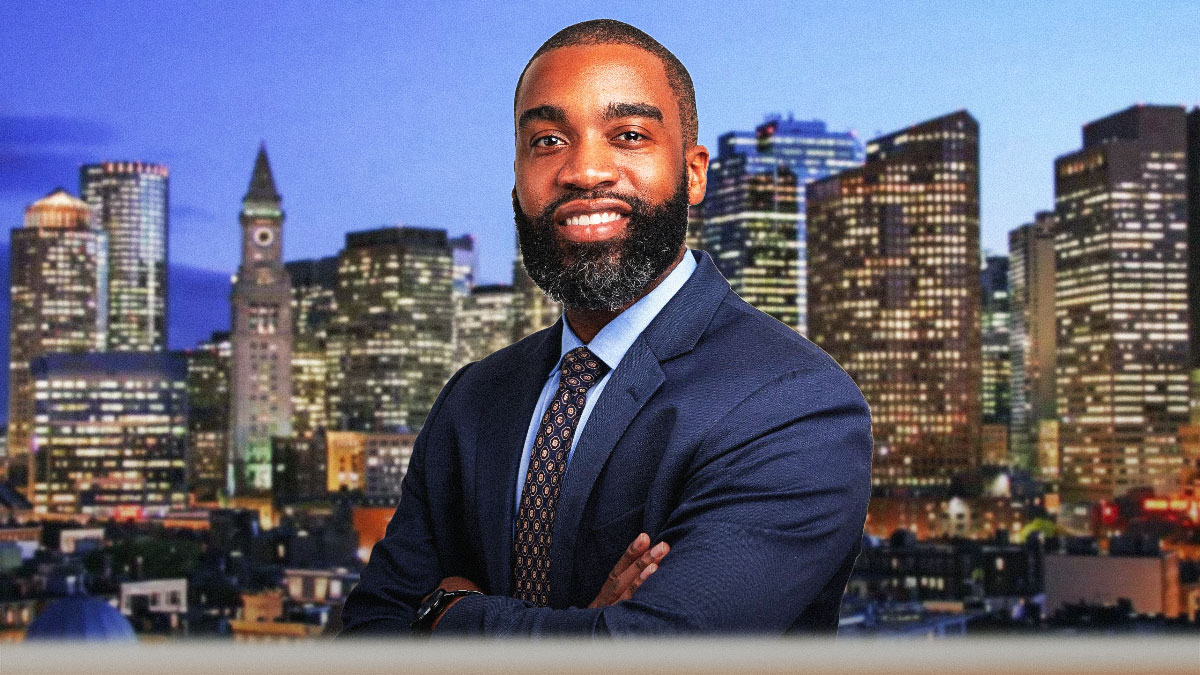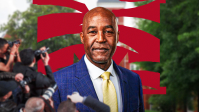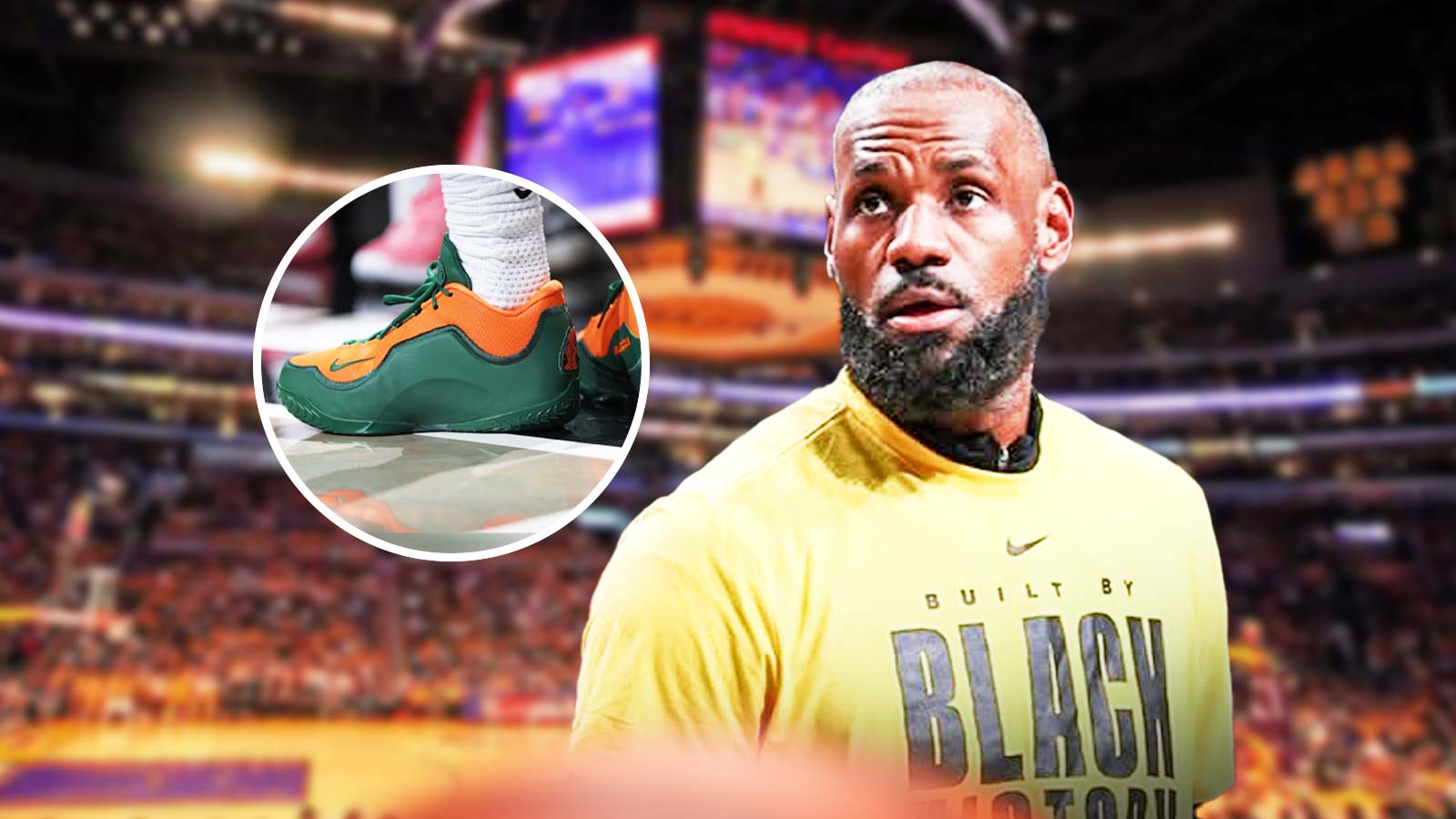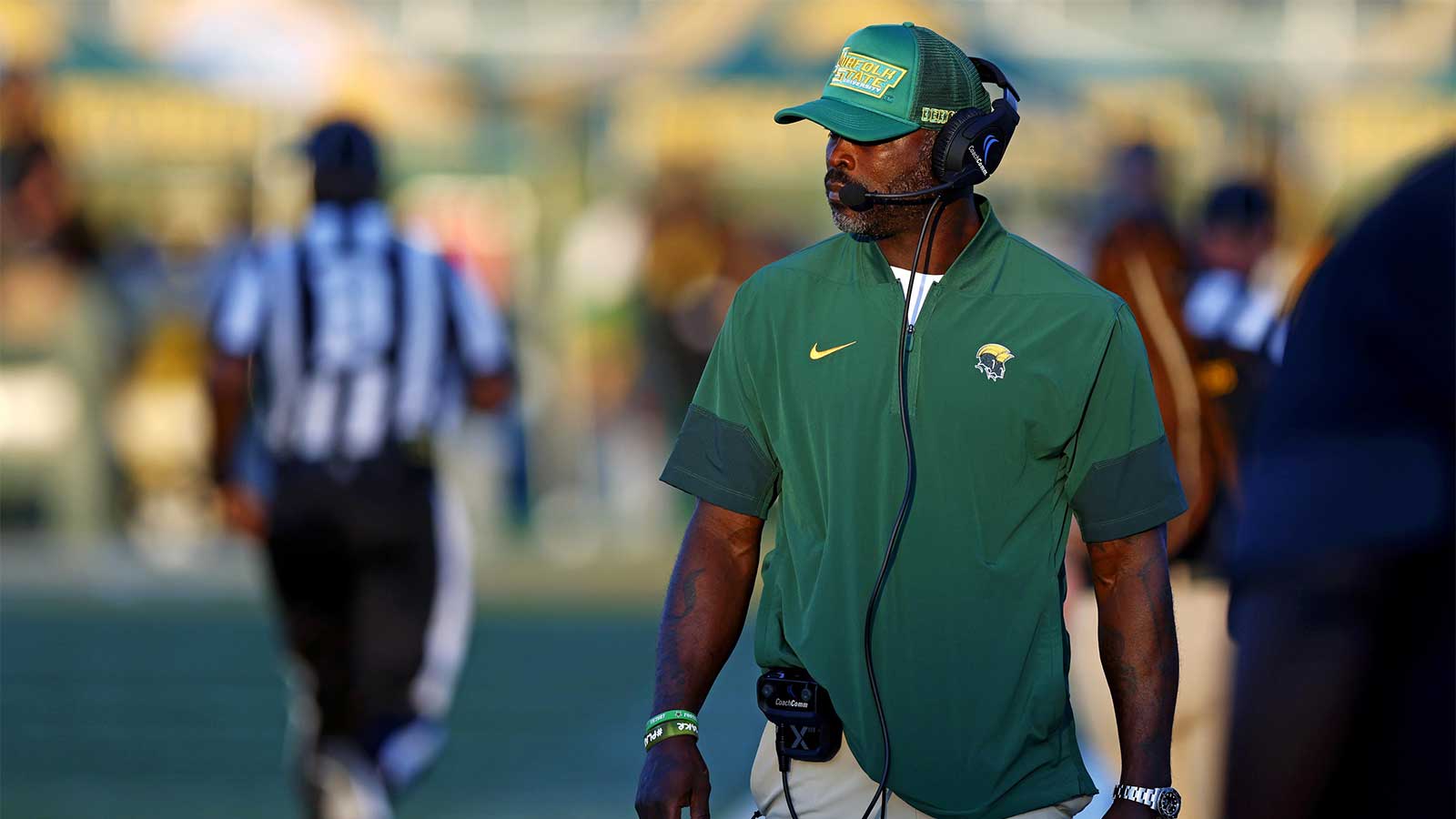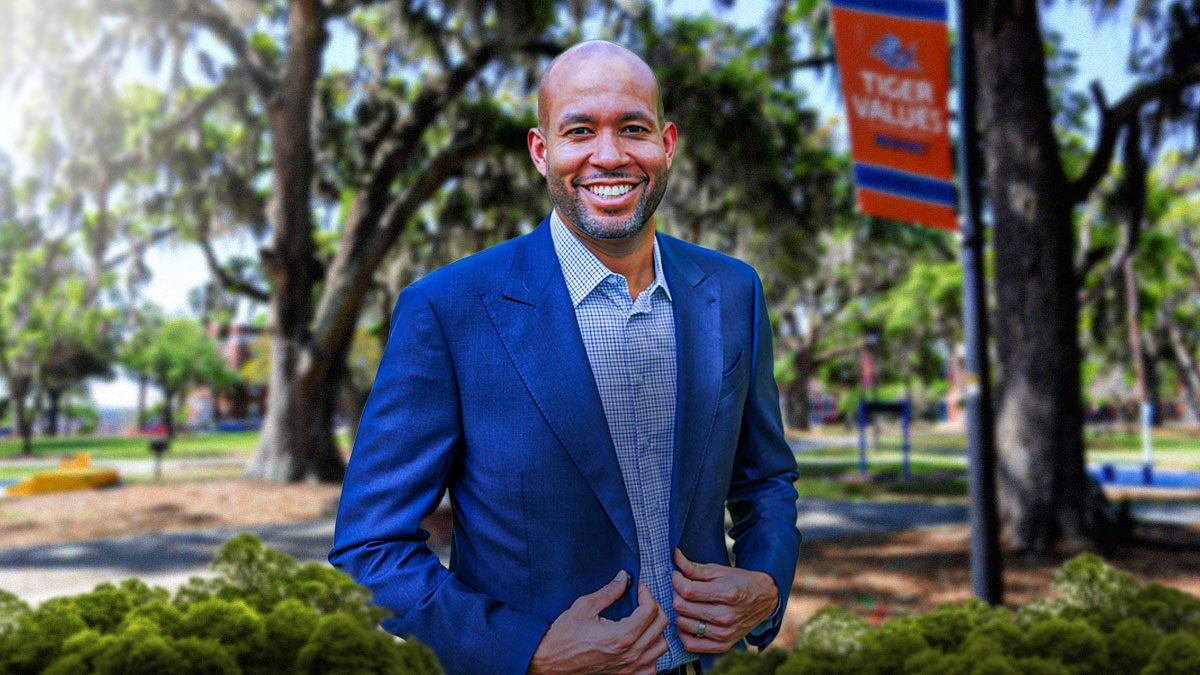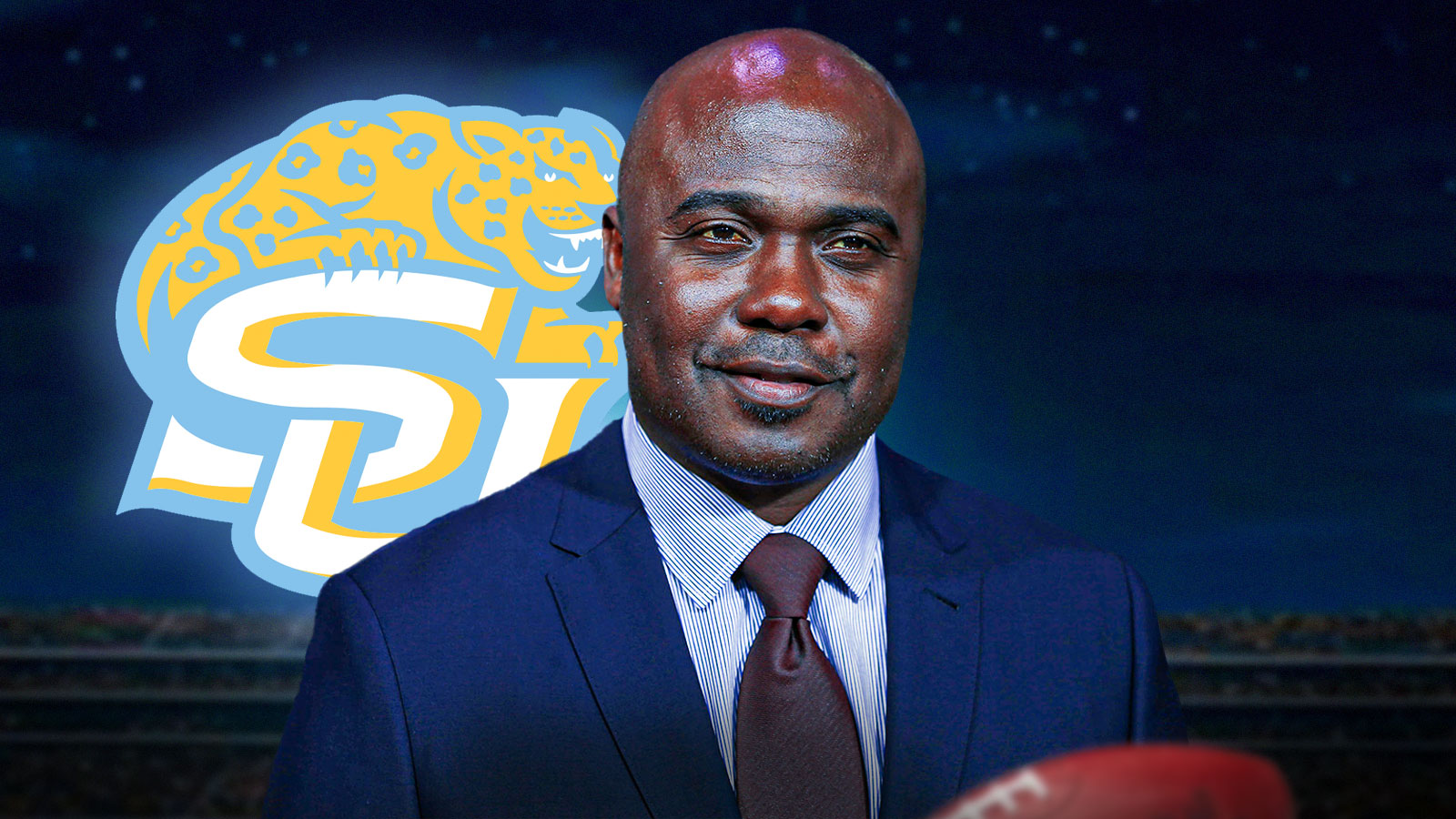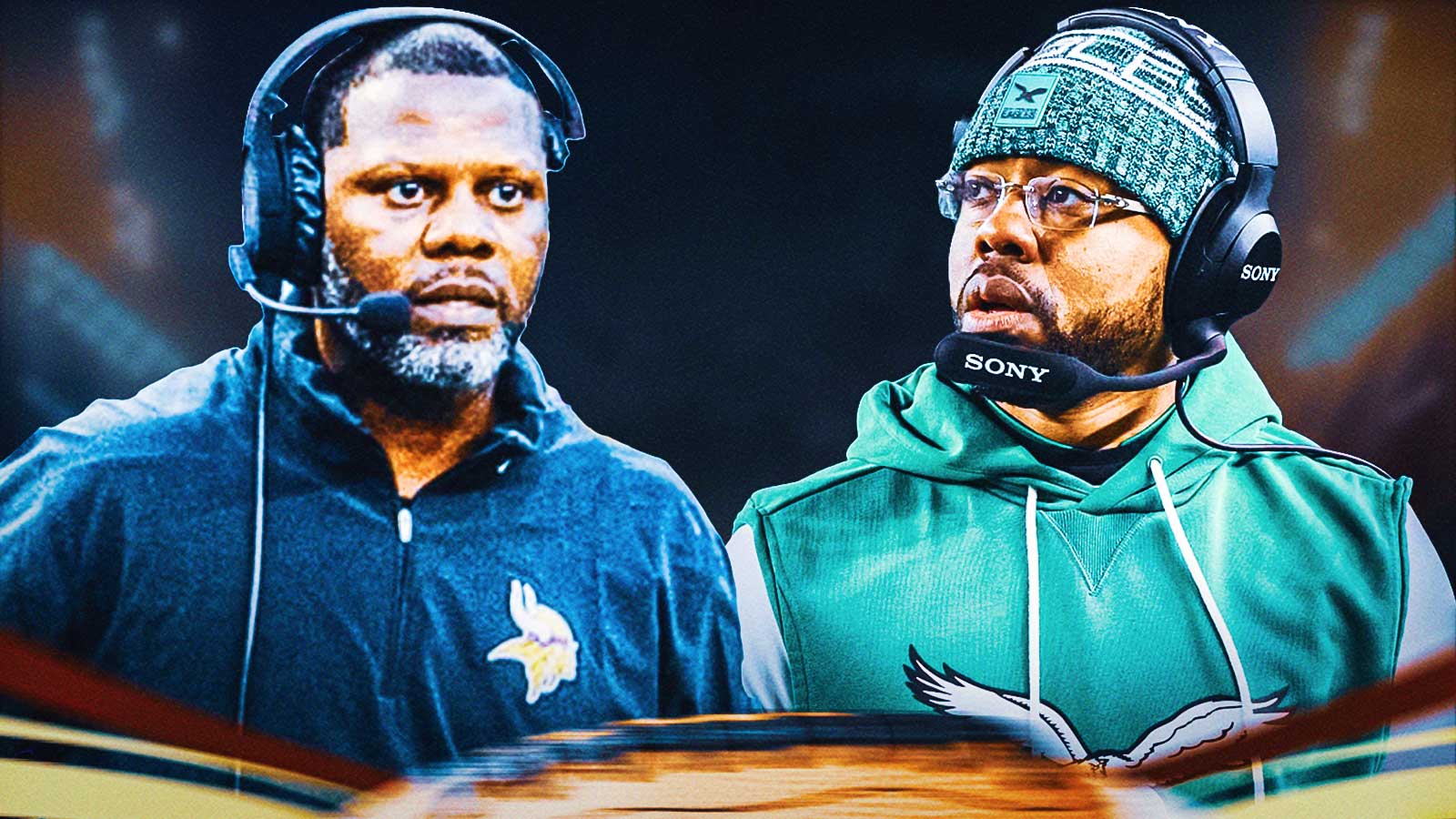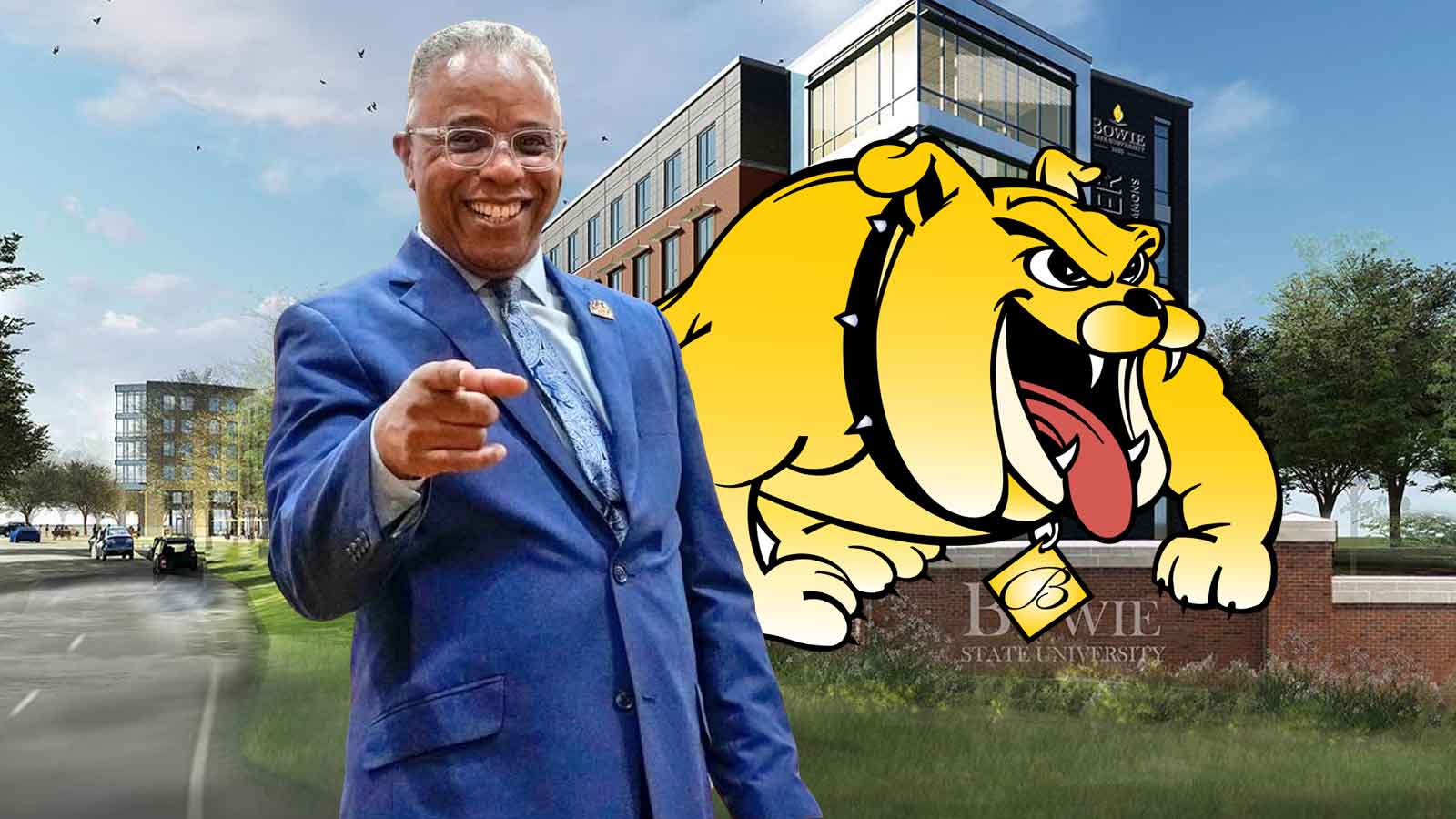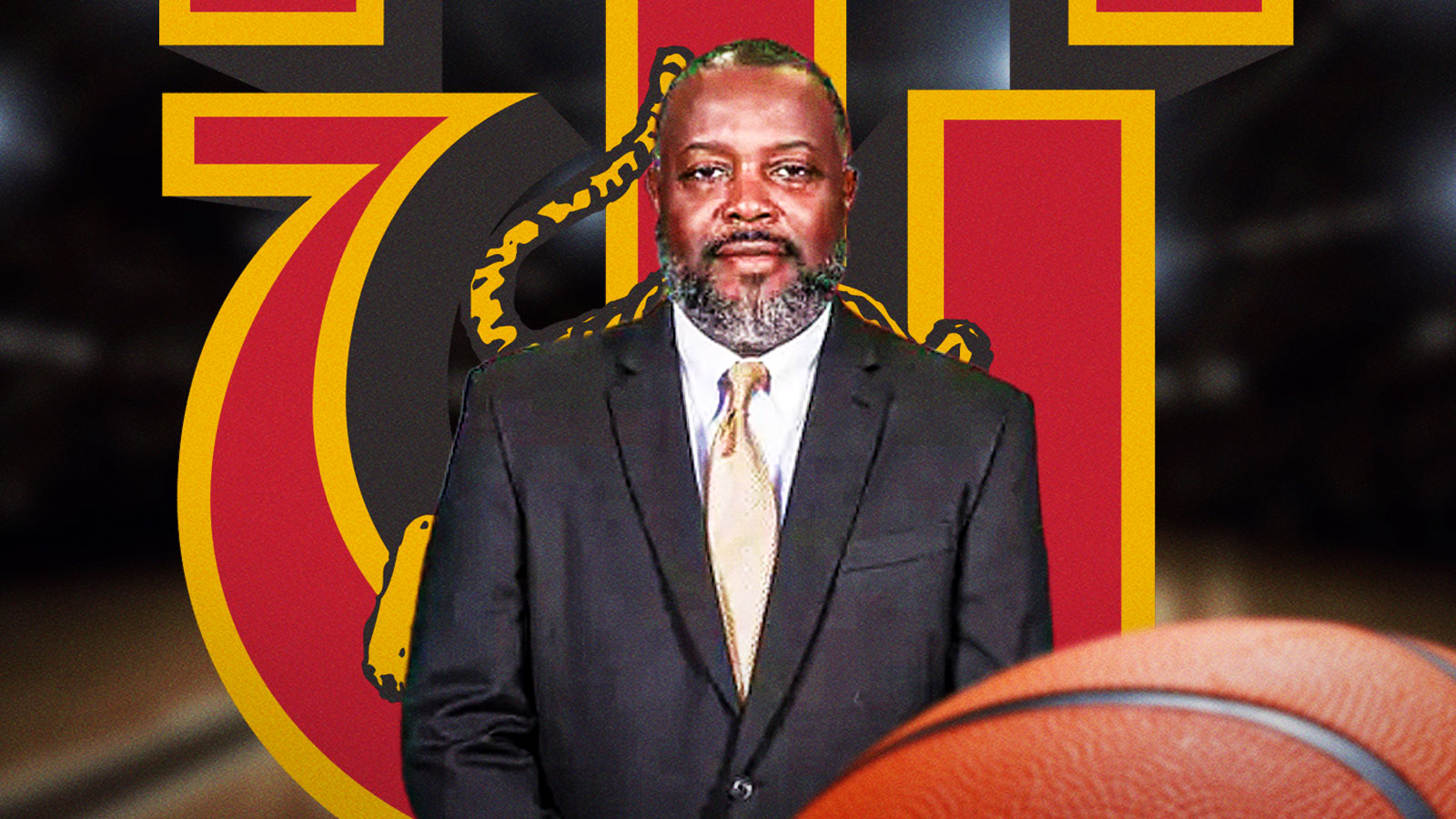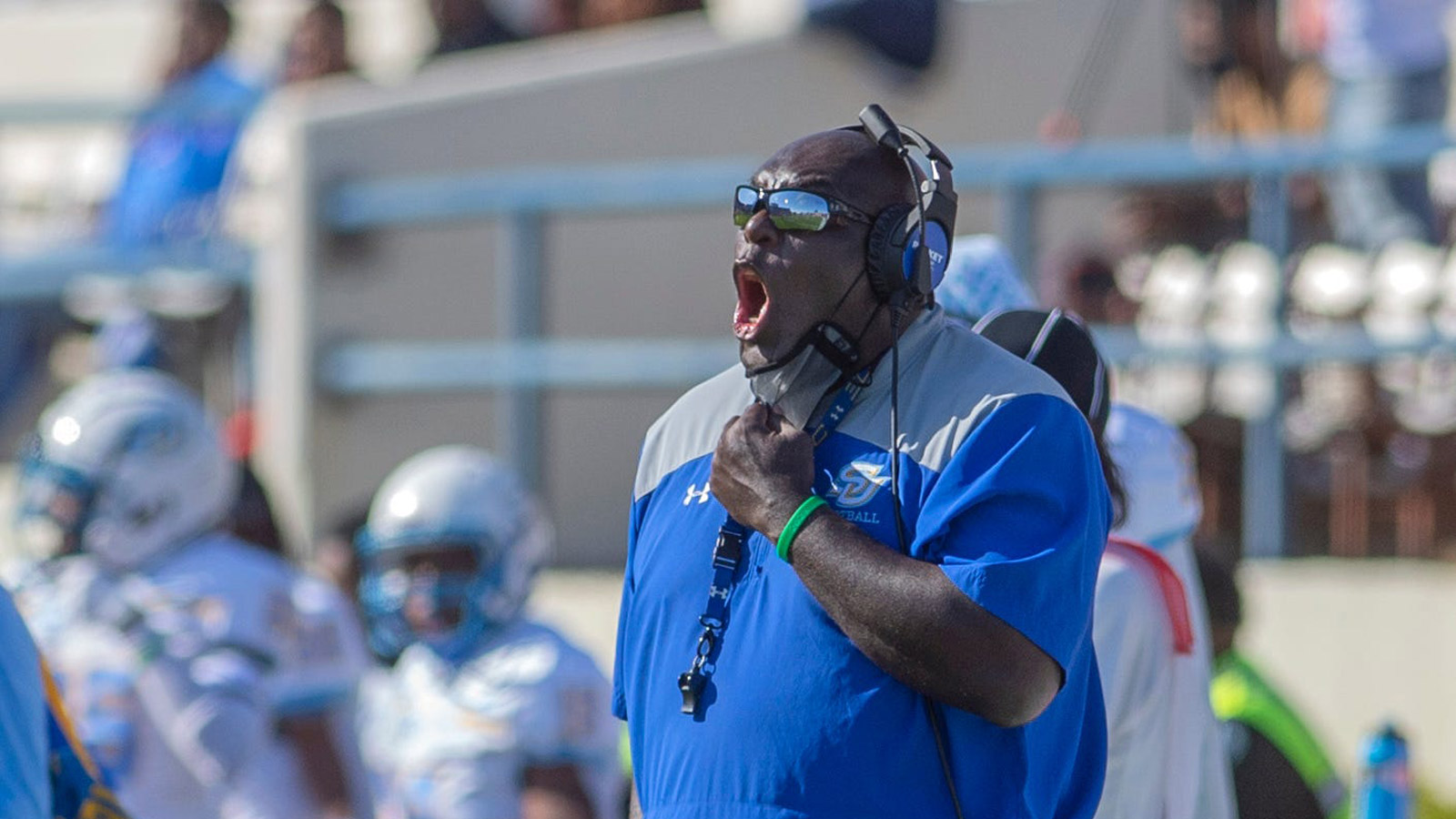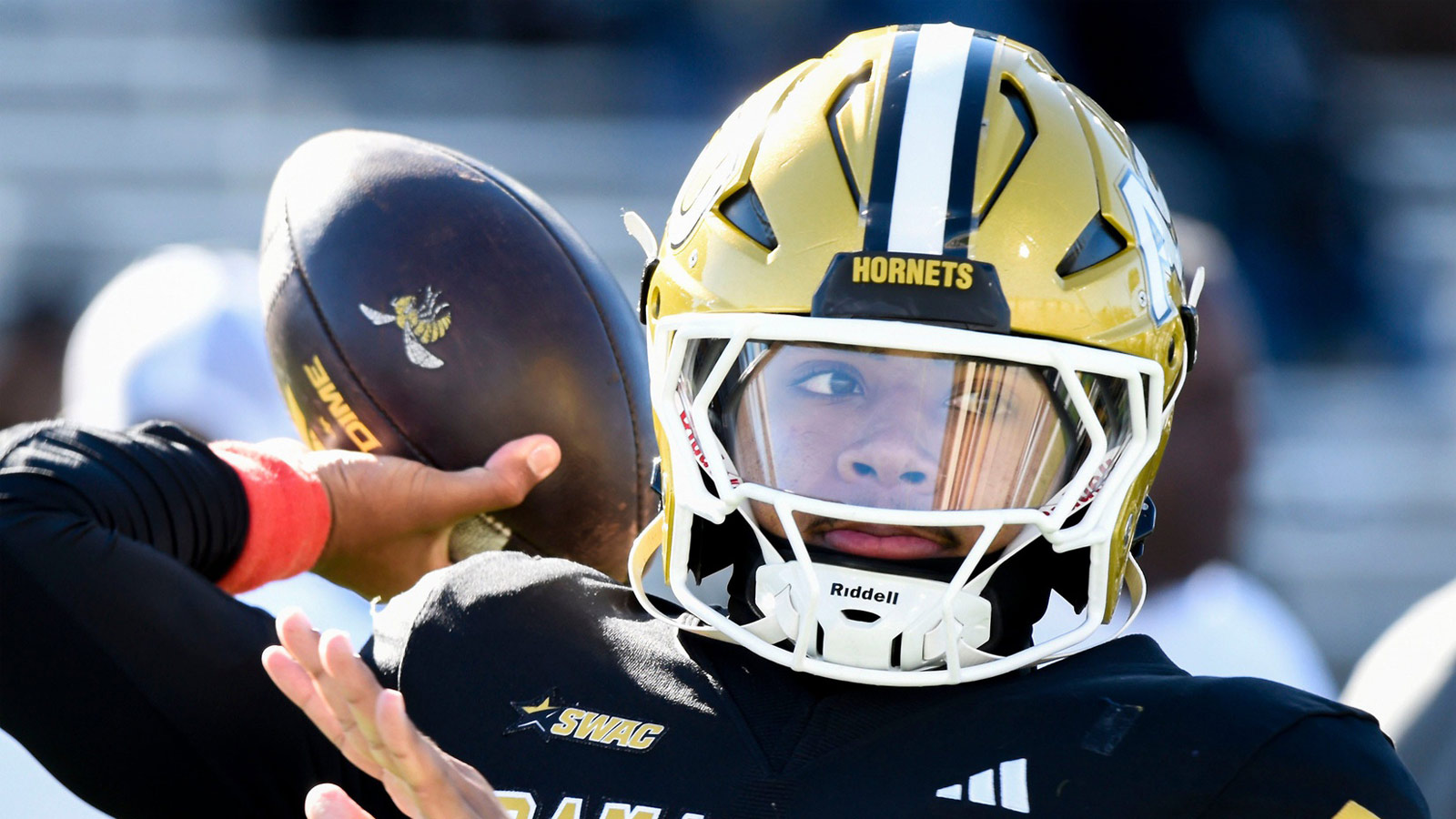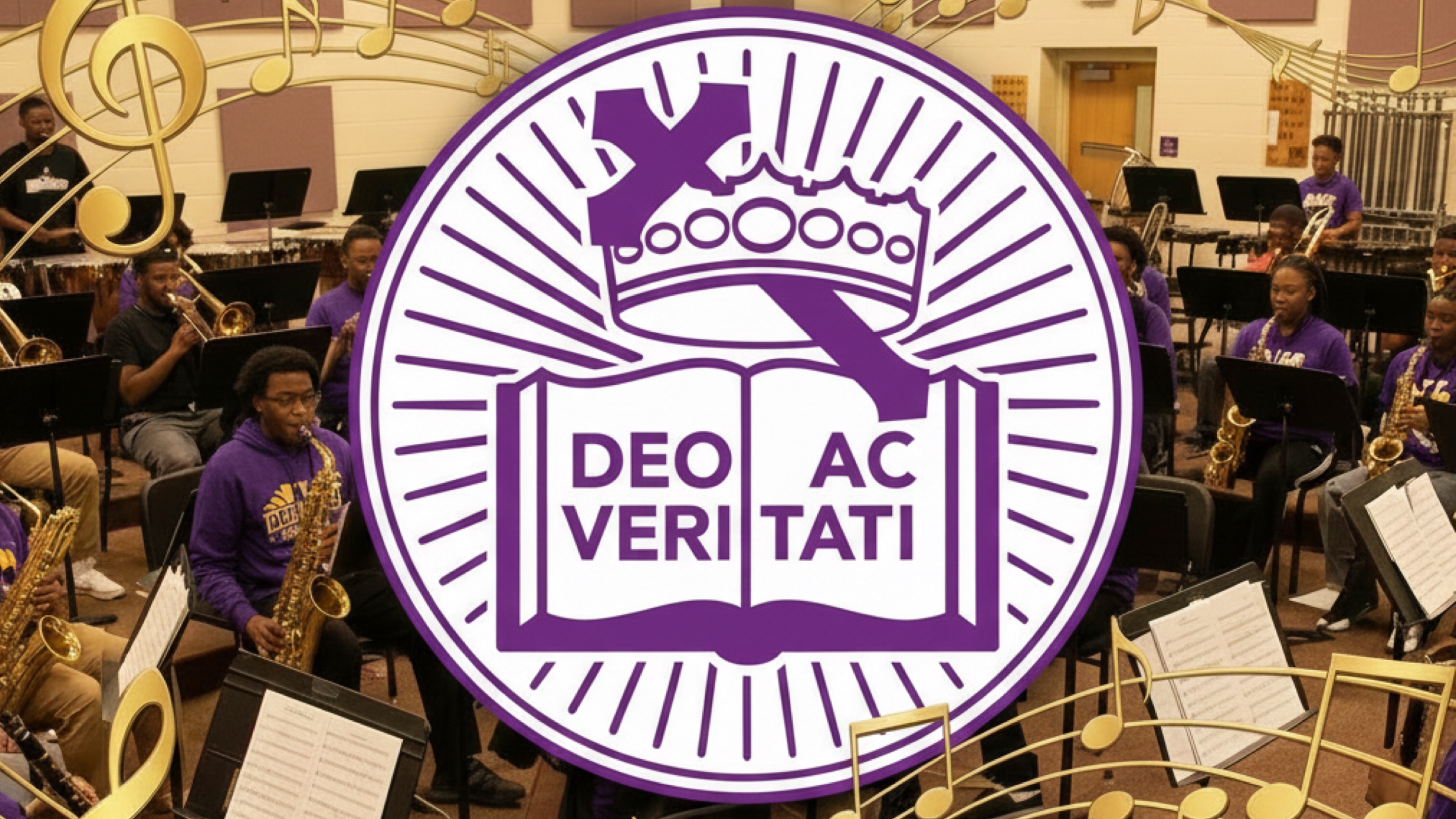City council members are looking at ways to bring an HBCU to Boston for the first time. At a meeting last week, Vice President Brian Worrell of the Council urged for a hearing to be held on the creation of an HBCU satellite campus in Boston.
“An HBCU presence would provide role models for current Black students by showing them a tangible pathway to success,” Worrell said. “Boston led the way in educating Black students in the first half of the 19th century, with the opening of the Abiel Smith School, and we need to discover that trailblazing spirit once again.”
Despite having over two dozen colleges and universities, Worrell's hearing order states that Boston does not have an HBCU. According to Worrell's office, the Building Bridges HBCU program is aiming to open a satellite HBCU campus in Boston and will provide an update on its progress this fall.
“There are more than 100 historically Black colleges and universities in the country, with the vast majority of them located in southern states as a response to Jim Crow laws,” the council order states. “The need for more culturally sensitive schools, such as HBCUs, has grown in the past decade based upon current rulings and the actions of the current federal administration.”
40% of Black engineers, 40% of Black members of Congress, 50% of Black attorneys and physicians, and 70% of Black dentists are graduates of HBCUs, while making up just 3% of all universities in the nation, according to Worrell. Cory McCarthy, Chief of Student Support for Boston Public Schools, went on to say that “the appetite for an HBCU has grown immensely within the last five years.”
“An opportunity to bring an HBCU to Boston would further highlight the commitment and dedication of our city to create an educational ecosystem that values, elevates, and develops opportunities for Black students to be successful,” McCarthy said.
According to Worrell's office, a hearing is anticipated to be held in the fall after the City Council forwarded the HBCU order to the Education Committee.

